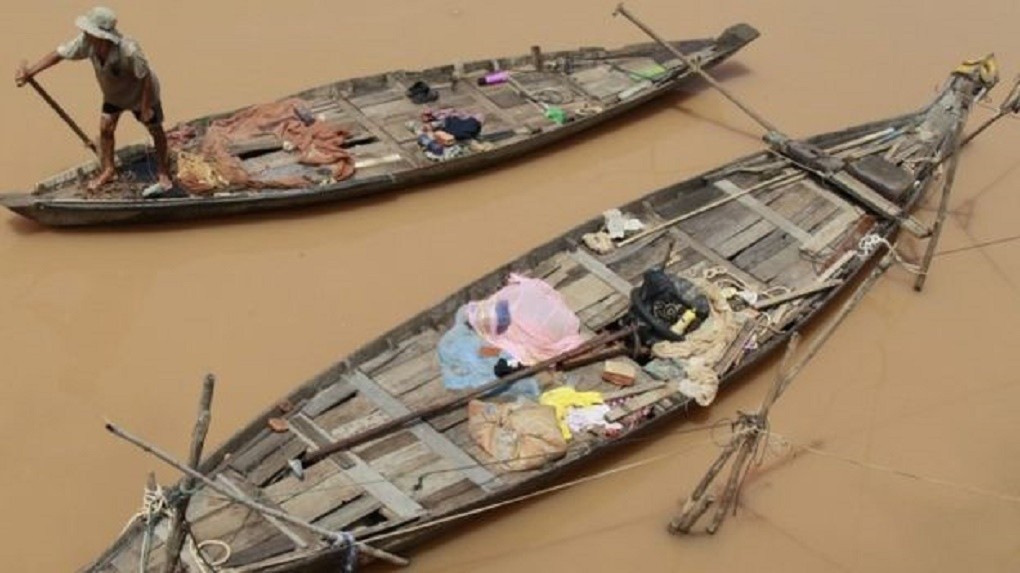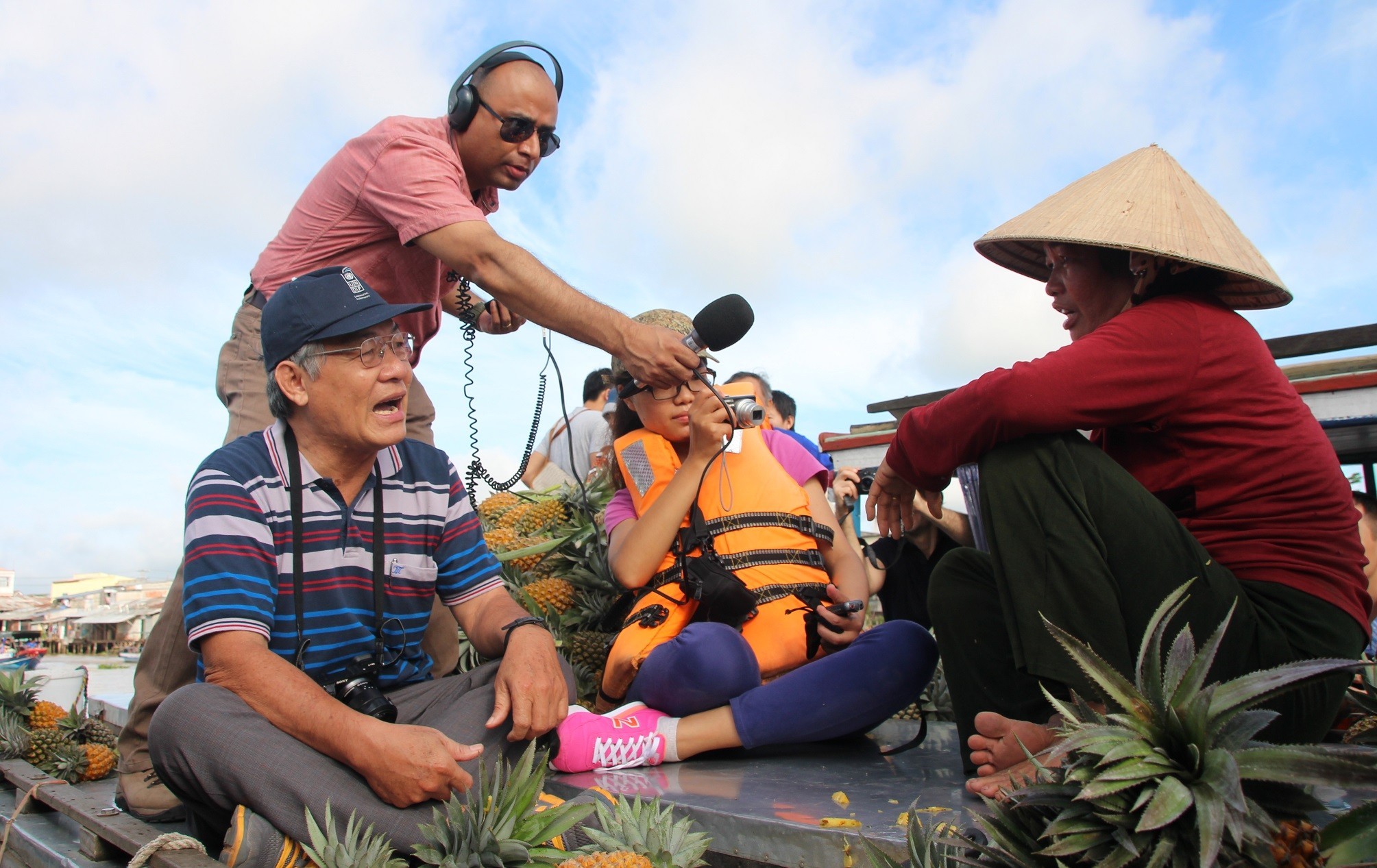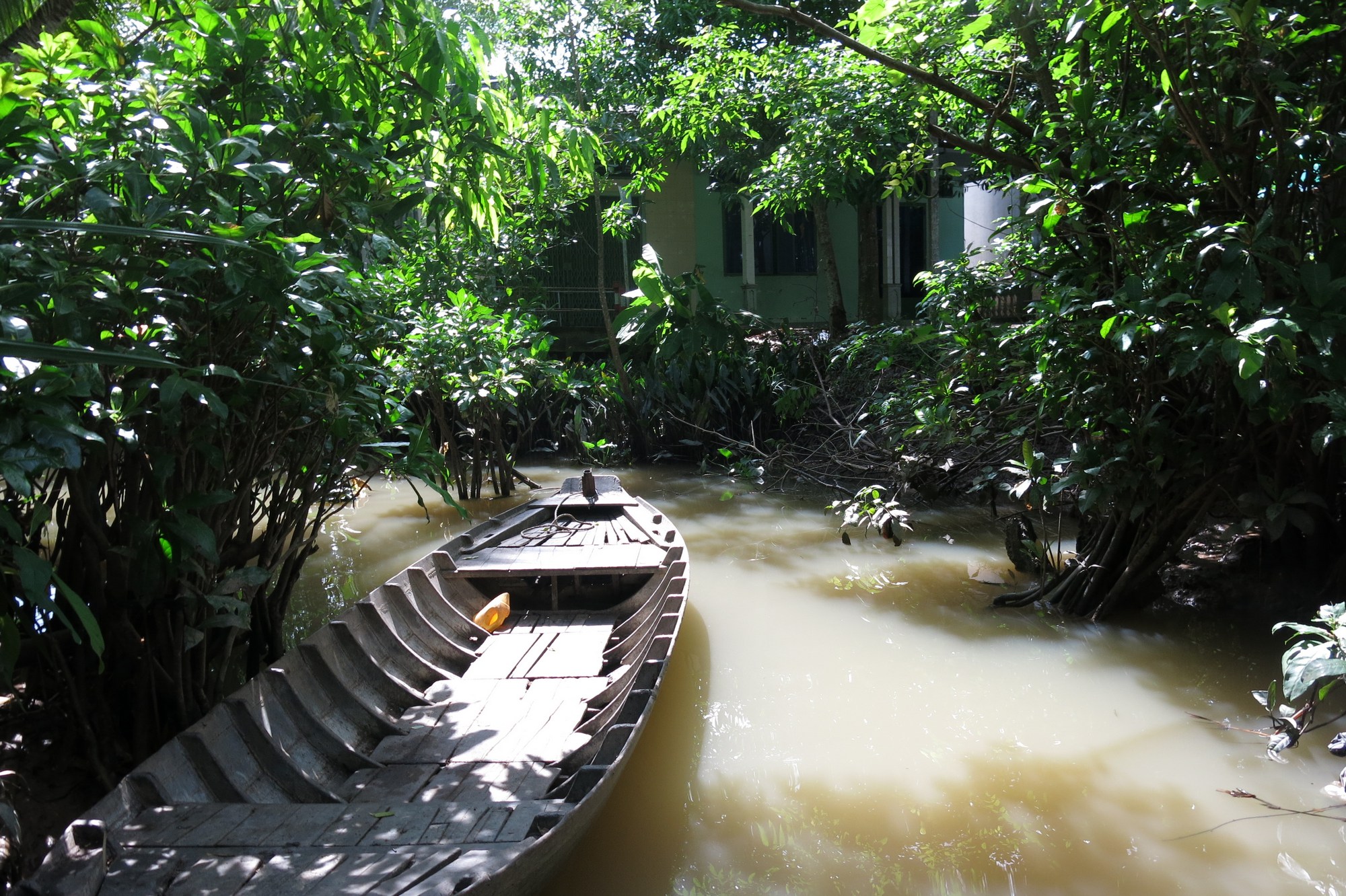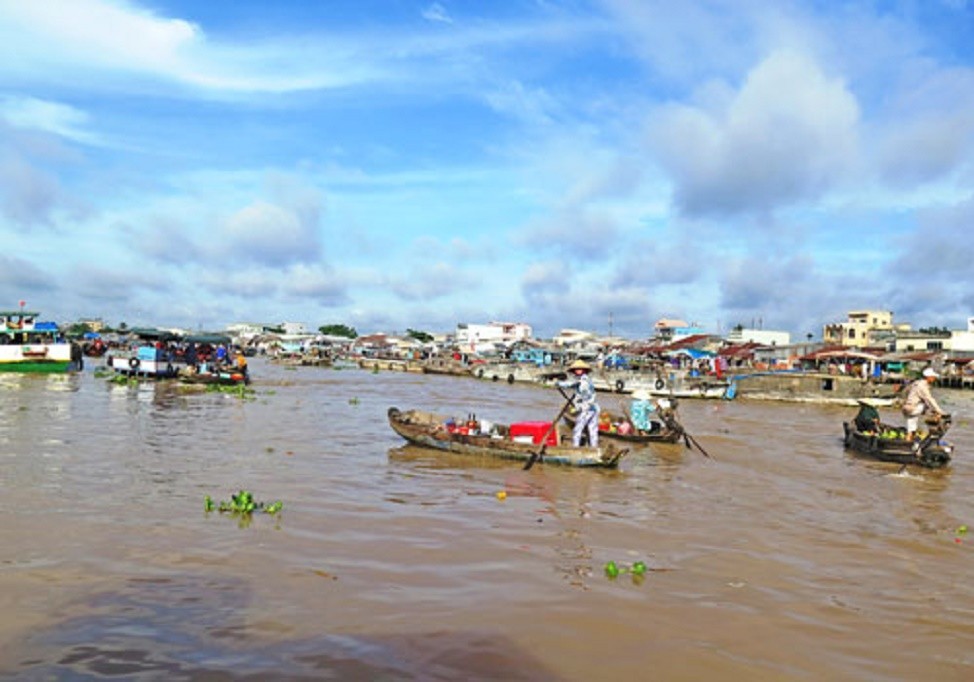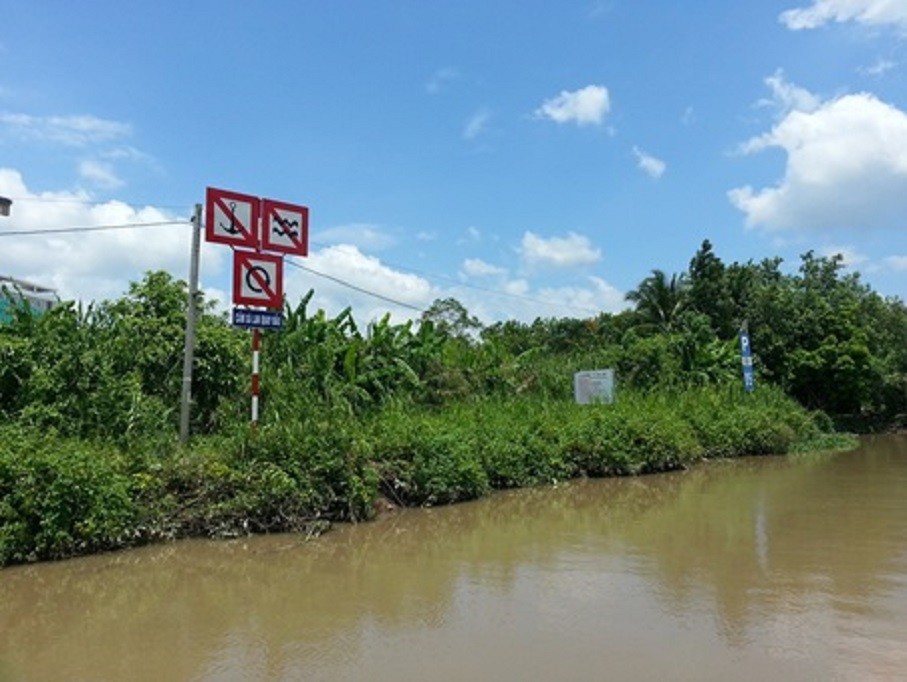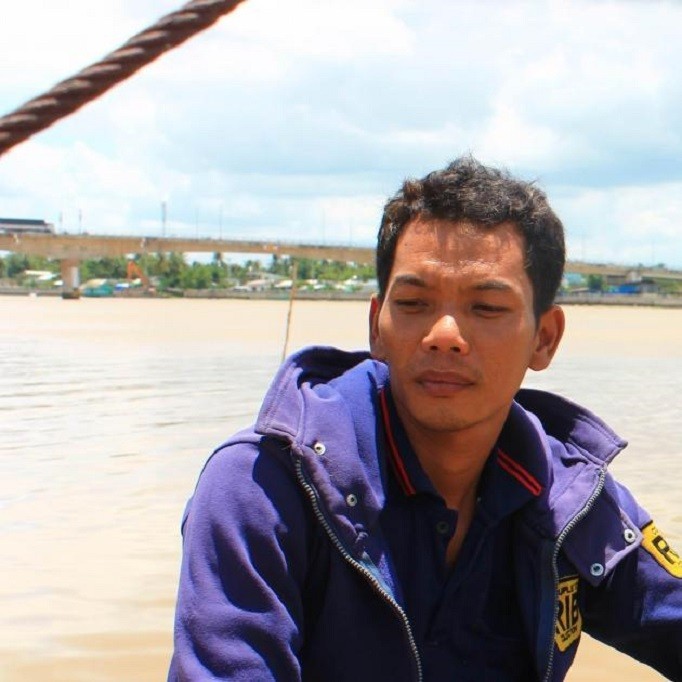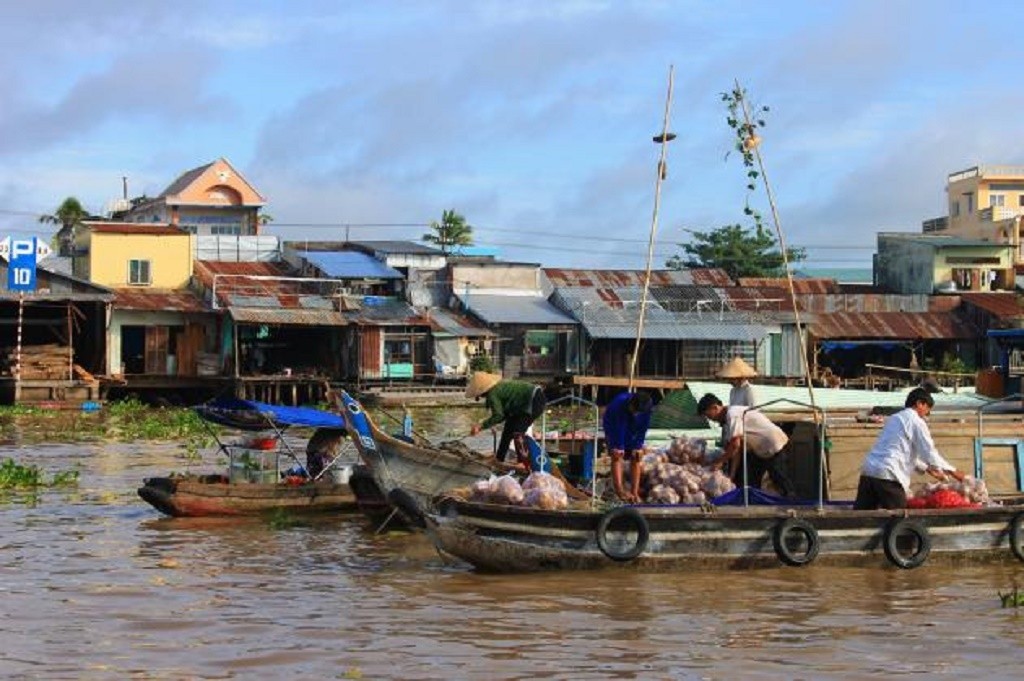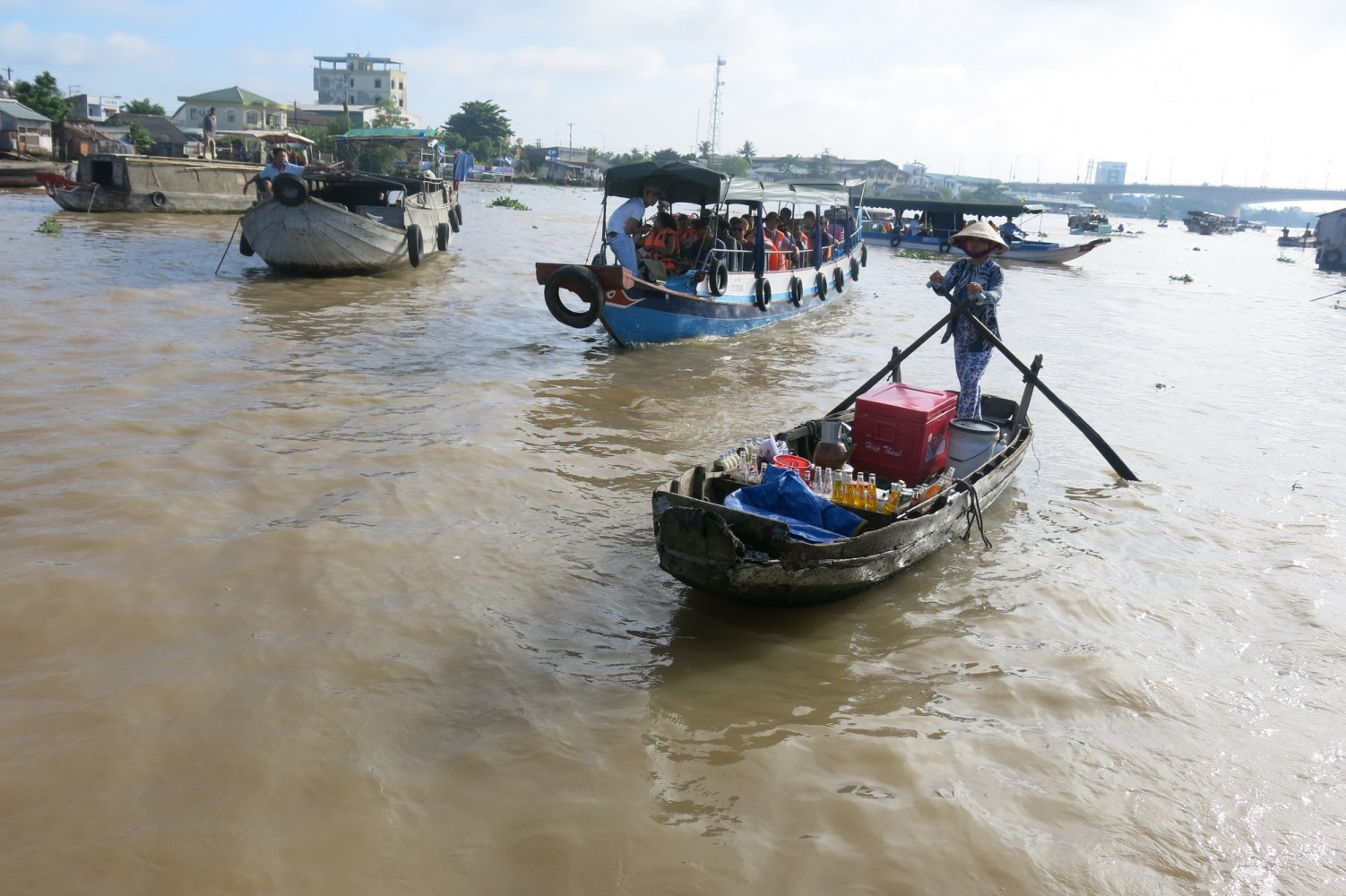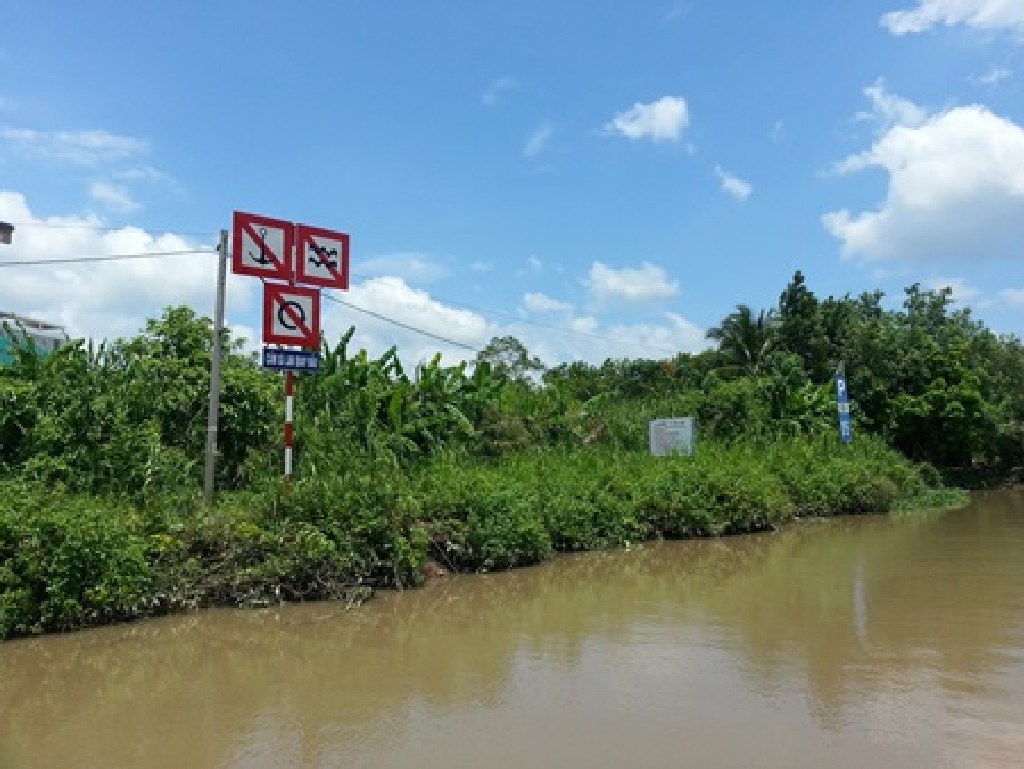Lush greenery in the lower Mekong region sprawls as far as the eye can see, an illustration of just how fertile the delta is. The endless green fields scored by the river’s nine tributaries, which the Vietnamese call “Nine Dragons”, explain why this area is one of the world’s major food baskets.
It houses the richest inland fishery and accounts for more than a fifth of the world’s rice exports, although looks can be deceptive. Encroaching sea water from the south, a proliferation of hydro dams in the north and large-scale sand mining are endangering the delta, officials warn.


